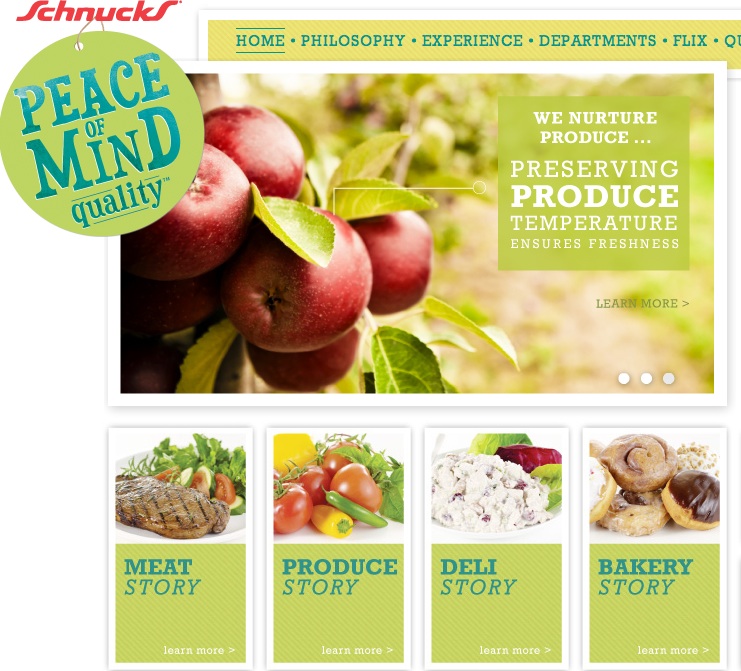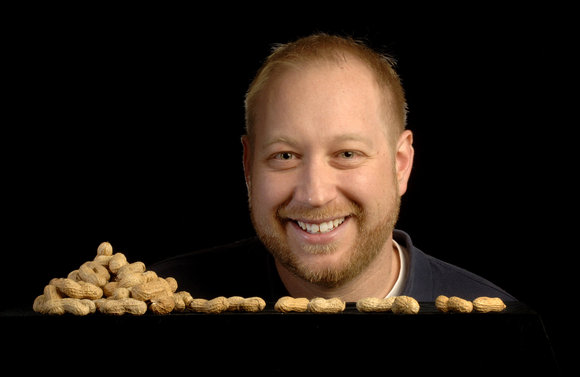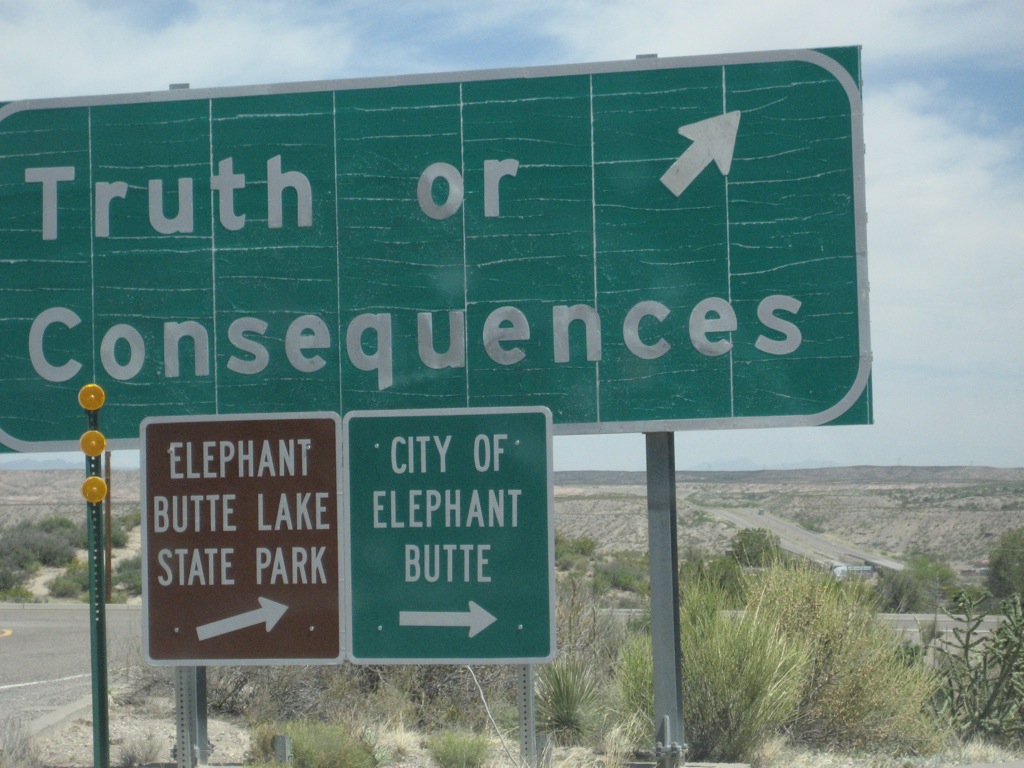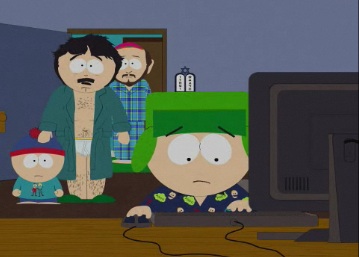
I’m all for marketing microbial food safety at retail – directly to consumers – but only if the claims can be backed up with actions and data.
Schnuck Markets is expanding its so-called “Peace of Mind” initiative from pricing to quality assurance with a new website, www.peaceofmindquality.com, that emphasizes the chain’s dedication to quality and food safety.
Supermarket News cites one example on the website, a statement by Schnucks that “it intentionally applies shorter sell-by dates on meats and deli products to ensure products are fresher and last longer once purchased.”
“Through ‘Peace of Mind,’ you will have complete confidence that our foods are of the highest quality,” Schnucks writes on the website.
Quality and safety are seemingly used interchangeably on the website when they are actually two different concepts. The only evidence of food safety I saw on the website was that the company won some big-time award from the International Association for Food Protection in 2009.
I’m all for marketing food safety and providing comprehensive explanations of the food safety efforts of everyone in the farm-to-fork food safety chain, even the provision of testing data; some U.S. slaughterhouses are now doing this. Schnucks is going the right way, but it can be a lot better.
.jpeg)

 Canadians yesterday to be aware of the potential health risks associated with consuming human breast milk
Canadians yesterday to be aware of the potential health risks associated with consuming human breast milk extracting the milk, as well as improper storage and handling, could also cause the milk to spoil or be contaminated with bacteria and/or viruses that may cause illness.
extracting the milk, as well as improper storage and handling, could also cause the milk to spoil or be contaminated with bacteria and/or viruses that may cause illness. There’s this website called
There’s this website called 
 The Charlotte Observer features Chapma
The Charlotte Observer features Chapma NBC radio program in 1950. We stopped in at the local historical society or museum, and were endlessly asked if we were going to stay overnight.
NBC radio program in 1950. We stopped in at the local historical society or museum, and were endlessly asked if we were going to stay overnight. He’s the first to say outsiders probably view Topeka as "another Midwestern town with not a lot going on," but he’s been making efforts to change that. He’s trying to revitalize downtown with a bar and music scene.
He’s the first to say outsiders probably view Topeka as "another Midwestern town with not a lot going on," but he’s been making efforts to change that. He’s trying to revitalize downtown with a bar and music scene. Twitter sucks.
Twitter sucks. I was reminded of my own Internet dependence, which became clear during the great
I was reminded of my own Internet dependence, which became clear during the great